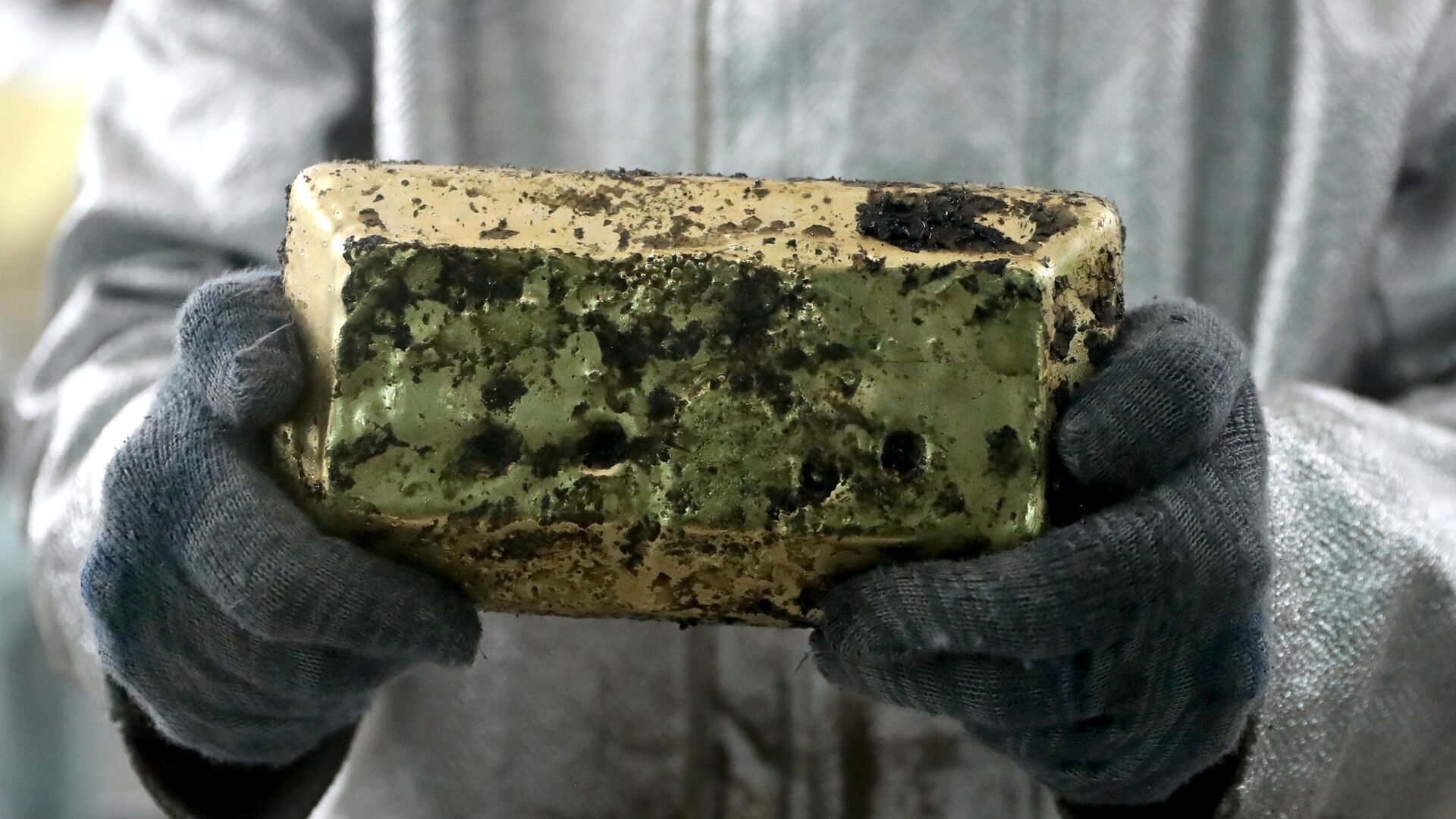Algeria, located in North Africa, is endowed with significant mineral resources, including substantial gold reserves. Historically, the country has been a net importer of gold, but recent policy shifts and infrastructure developments are positioning Algeria to become a more prominent player in the global gold market. This guide provides an in-depth exploration of the current state of gold production, export regulations, and practical considerations for purchasing gold from Algeria.
Overview of Algeria’s Gold Industry
- Geological Potential and Reserves: Algeria boasts considerable gold reserves, estimated at approximately 100 tonnes. The vast Sahara Desert region, particularly in the southern provinces of Tamanrasset, Djanet, and Illizi, is believed to harbor untapped gold deposits. Despite this potential, the country has historically underutilized these resources.
- Historical Production Trends: Gold production in Algeria has been modest. In 2023, the country exported approximately $2.53 million worth of gold, primarily to the United Arab Emirates. However, this figure is relatively low compared to Algeria’s mining potential.
- Recent Developments and Government Initiatives: In recent years, the Algerian government has initiated reforms to revitalize the gold mining sector. These include the reactivation of dormant mines such as Amesmessa and Tirek, the issuance of exploration licenses, and a $32 million mineral mapping project to attract investment and optimize resource exploitation.
Legal and Regulatory Framework
- Mining Laws and Policies: Algeria’s mining sector is governed by the Mining Code, which has been revised to encourage private investment and ensure equitable distribution of benefits. The code offers tax incentives, guarantees repatriation of profits, and ensures protection against expropriation.
- Export Regulations: To legally export gold from Algeria, exporters must obtain an export license from the Ministry of Energy and Mines. Additionally, an Electronic Cargo Tracking Note (ECTN) is required for shipments to most African countries, including Algeria.
- Compliance and Due Diligence: Buyers should ensure that all transactions comply with Algerian laws and international standards. Engaging with reputable local partners and conducting thorough due diligence can mitigate risks associated with illicit trade and ensure the legitimacy of the gold being purchased.
Purchasing Gold in Algeria
- Domestic Gold Market: Algeria has a domestic market for gold, primarily in the form of jewelry. Gold shops are prevalent in cities like Algiers, Oran, and Constantine. However, the availability of raw gold for investment purposes is limited, and prices can be higher compared to international markets due to taxes and import duties .
- Artisanal and Small-Scale Mining (ASM): The ASM sector plays a significant role in gold production, especially in southern Algeria. In 2024, 103 artisanal gold mining micro-enterprises were approved in Djanet, and over 128 kg of gold were produced in Tamanrasset since June 2021 . These operations often lack formal oversight, and the gold produced may not meet international standards.
- Industrial Mining Operations: Industrial mining operations, such as those at Tirek and Amesmessa, are more likely to produce gold that meets international standards. However, access to these operations is typically restricted to licensed entities, and purchasing gold directly from these sources may require navigating complex regulatory processes.
Ethical and Environmental Considerations
- Responsible Sourcing: Due to the prevalence of ASM, there are concerns regarding child labor, environmental degradation, and the financing of armed groups. Buyers should prioritize sourcing gold from formal, regulated sources that adhere to ethical mining practices and contribute positively to local communities.
- Environmental Impact: Gold mining, particularly in the ASM sector, can lead to deforestation, soil erosion, and contamination of water sources with mercury. The Algerian government has initiated programs to mitigate these impacts, but challenges remain.
Practical Steps for Purchasing Gold from Algeria
- Establishing Partnerships: Engaging with local partners who have established relationships with mining operations can facilitate access to legitimate gold sources. These partnerships can also assist with navigating the regulatory landscape and ensuring compliance with Algerian laws.
- Due Diligence and Documentation: Conducting thorough due diligence is essential. This includes verifying the legitimacy of mining operations, ensuring that gold is sourced responsibly, and obtaining all necessary documentation, such as export licenses and ECTNs.
- Logistics and Shipping: Shipping gold from Algeria requires coordination with customs authorities and compliance with international shipping regulations. Engaging with logistics companies experienced in handling precious metals can streamline this process.
Conclusion
While Algeria’s gold industry presents opportunities, it also poses challenges related to regulation, ethical sourcing, and market access. Buyers interested in purchasing gold from Algeria should conduct thorough research, establish reliable partnerships, and ensure compliance with all legal requirements to navigate this complex landscape successfully.

Leave a Reply